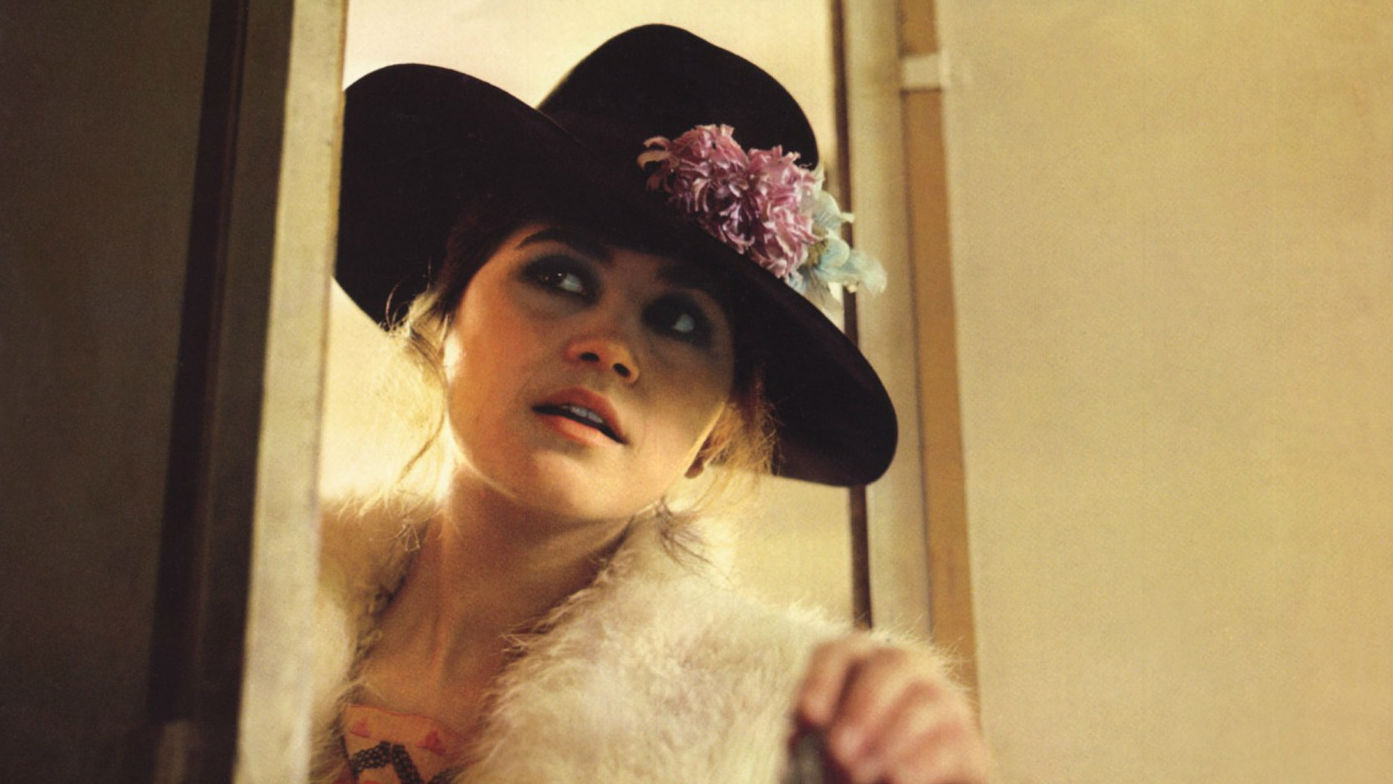Why Last Tango in Paris 'rape scene' is causing outrage again
Bernardo Bertolucci has long admitted it was filmed without consent, so why is Hollywood angry now?

A free daily email with the biggest news stories of the day – and the best features from TheWeek.com
You are now subscribed
Your newsletter sign-up was successful
Bernardo Bertolucci's notorious rape scene in his Oscar-nominated 1972 film Last Tango in Paris is causing controversy once again after a video resurfaced revealing the scene was not consensual.
In an excerpt from a 2013 interview, which has been republished in a number of media outlets, including the latest edition of Elle, the director confesses he and the film's star Marlon Brando kept details of the scene from actor Maria Schneider so "her humiliation" and "her rage" would seem more real.
In the controversial scene, Brando's character, Paul, uses a stick of butter in the rape of Schneider's character, Jeanne. The rape itself was simulated for the camera.
The Week
Escape your echo chamber. Get the facts behind the news, plus analysis from multiple perspectives.

Sign up for The Week's Free Newsletters
From our morning news briefing to a weekly Good News Newsletter, get the best of The Week delivered directly to your inbox.
From our morning news briefing to a weekly Good News Newsletter, get the best of The Week delivered directly to your inbox.
Bertolucci said he still feels guilty about not telling the 19-year-old actor what was going to happen, but didn't regret shooting the scene that way.
"I didn't tell her what was going on because I wanted her reaction as a girl, not as an actress. I wanted her to react humiliated," he said.
"To make movies sometimes, to obtain something, I think that you have to be completely free. I didn't want Maria to act her humiliation, her rage. I wanted Maria to feel, not to act, the rage and humiliation."
In an interview in the Daily Mail in 2007, Schneider said no actual sex had taken place in the scene, but that she had felt "a little raped" by both Brando and Bertolucci because she had been "forced" to take part with no prior warning.
A free daily email with the biggest news stories of the day – and the best features from TheWeek.com
Schneider died of cancer in 2011, following a lifetime of addiction and mental health problems.
In another 2013 interview with the Daily Telegraph, Bertolucci admitted to similarly ambivalent regrets.
He said: "No, I don't feel guilty, but when she died I thought, 'God, I'm so sorry that I can't apologise for what Marlon and I did with that scene and we decided not to tell her.'"
The resurfaced video clip has prompted widespread outcry from Hollywood actors who have condemned Bertolucci's film and his legacy.
But Bertolucci's admission is hardly new, says Slate. His comments are from 2013 and Schneider's interview was from 2007, so why the controversy now?
The site says the issue was reignited when El Mundo de Alicia, a Spanish not-for-profit organisation, republished the clip in a blog post for International Day for the Elimination of Violence Against Women in November. Since then, it has been taken up by the "content factory", retweeted by actors and covered by numerous media outlets.
Lauren Evans in Jezebel suggests added controversy may stem from the fact many tweets mistakenly suggest the rape in the film was real.
She adds, however, that "while the violation of trust was certainly authentic, the rape itself was simulated".
-
 Political cartoons for February 13
Political cartoons for February 13Cartoons Friday's political cartoons include rank hypocrisy, name-dropping Trump, and EPA repeals
-
 Palantir's growing influence in the British state
Palantir's growing influence in the British stateThe Explainer Despite winning a £240m MoD contract, the tech company’s links to Peter Mandelson and the UK’s over-reliance on US tech have caused widespread concern
-
 Quiz of The Week: 7 – 13 February
Quiz of The Week: 7 – 13 FebruaryQuiz Have you been paying attention to The Week’s news?